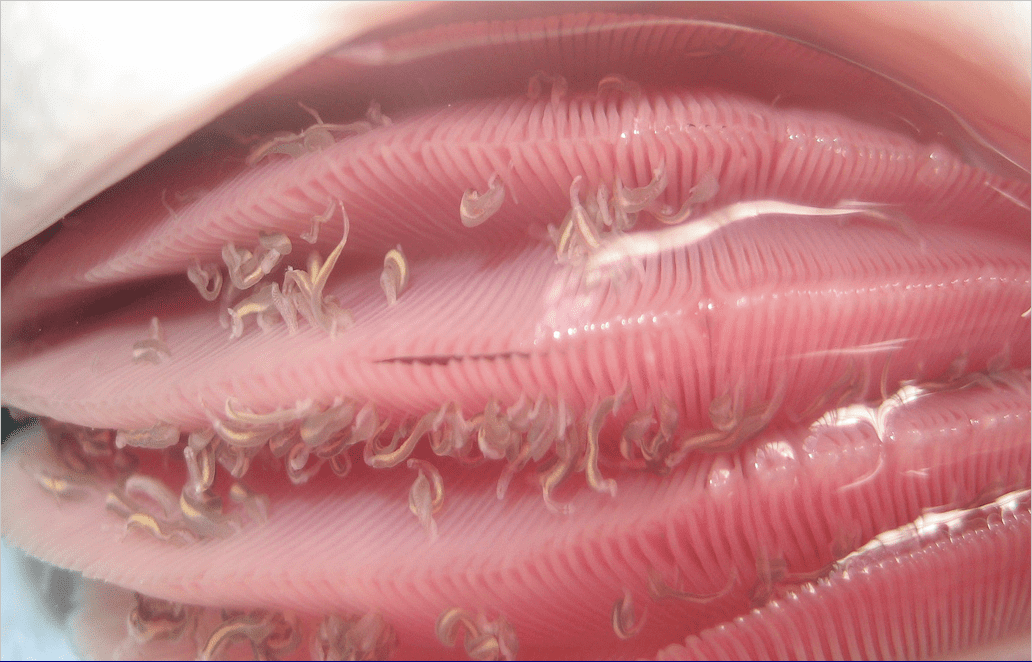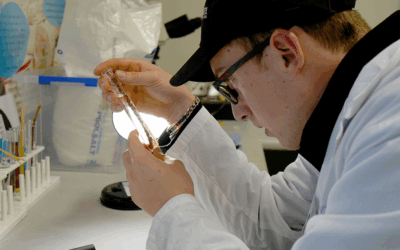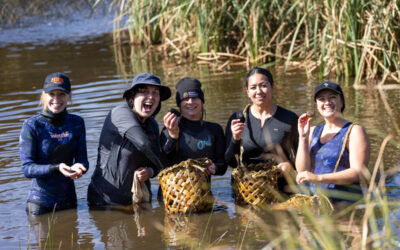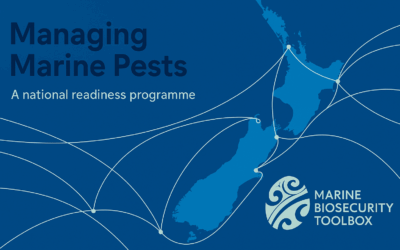BeNeZe – A kingfish parasite diagnostic and management tool
The Cawthron Institute has developed BeNeZe – a decision support tool for managing skin (Benedenia seriolae, Neobenedenia girellae), and gill fluke (Zeuxapta seriolae) infections in kingfish and amberjacks (Seriola species). The tool helps to determine the best time to treat parasites based on local conditions. It also helps recognise signs of ectoparasite flatworm infections.
Cawthron Institute is home to prominent aquatic animal health researchers with expertise in the diagnosis and management of marine pests for a range of clients, mostly in the aquaculture industry. We provide management solutions that draw upon the diagnosis and predictive steps, to develop prevention and early warning surveillance solutions to aquaculture health problems.
BeNeZe is a tool that was developed in-house by Cawthron researchers in response to demand from Kingfish farmers, who lacked adequate information about the life-cycle of the pests Benedenia seriolae, Neobenedenia girellae, and the gill fluke Zeuxapta seriolae to inform their treatment regimes.
The science behind BeNeZe is supported by international research. Farm health managers looking to further advance, adapt and develop the tool, are encouraged to read our open access publication (Hutson et al. (2022) A decision support tool for parasite management in fish aquaculture. Reviews in Aquaculture).
Resources

Image: Stock. Gill flukes
Kate Huston
Senior Aquaculture Scientist

Other Aquaculture Projects
Cawthron delivers hands-on biology workshops for students
A series of two-day Year 13 Mussel Biology workshops were recently held thanks to a collaborative effort between several organisations in Whakatū Nelson: Cawthron Institute, the University of Otago NZ Marine Studies Centre (NZMSC) (NMIT Te Pūkenga, MacLab, Moana New Zealand and SpatNZ.
New research urges policy reset for translocation of native freshwater species in Aotearoa
A landmark study just published in the New Zealand Journal of Ecology calls for a wholesale rethink of how Aotearoa New Zealand authorises, manages, and monitors how people move native freshwater fish and invertebrates using translocation.
Managing Marine Pests Aotearoa
Managing Marine Pests Aotearoa is a transformative new research programme to tackle marine invasive species, building on the success of the Cawthron-led Marine Biosecurity Toolbox Research Programme. Where the Toolbox focused on prevention and early detection, MMPA takes the next critical step: equipping Aotearoa with the strategies, technologies and decision-making tools to actively manage and control marine pests once they’ve arrived.


